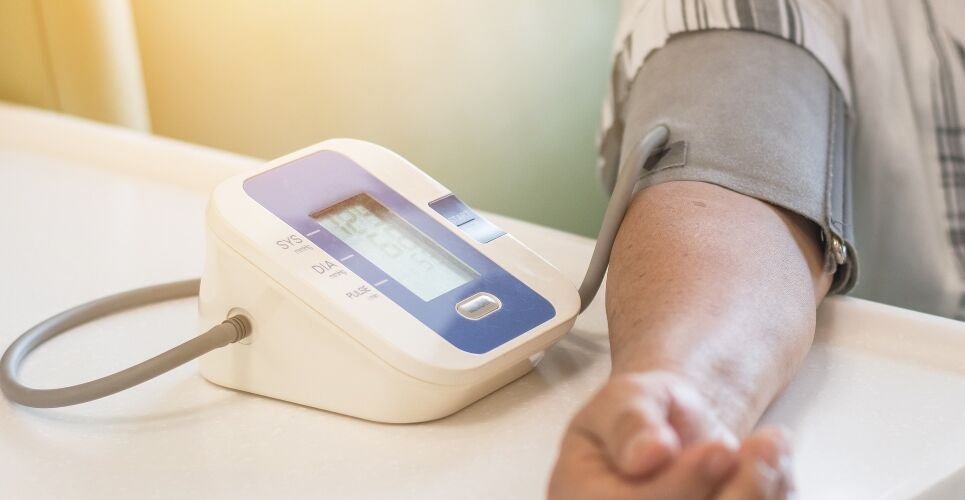A single subcutaneous injection of zilebesiran, which inhibits hepatic angiotensinogen synthesis, maintained a reduced 24-hour ambulatory blood pressure for 24 weeks, an international research team has found.
If approved, the drug paves the way for a more convenient means of managing hypertension, which is normally treated with oral antihypertensive agents.
In the study, published in the New England Journal of Medicine, the research team, which included experts from the University of Edinburgh’s Centre for Cardiovascular Science, examined the value of zilebesiran – an investigational RNA interference therapeutic agent which inhibits hepatic angiotensinogen synthesis – as a treatment for hypertension.
The study consisted of five different parts (A to E) but the current analysis focused on only three: Parts A, B and E.

In Part A, patients with hypertension were randomised 2:1 to either a single ascending subcutaneous dose of zilebesiran (10, 25, 50, 100, 200, 400 or 800 mg) or placebo and followed for 24 weeks. Part B focused on the effect of an 800 mg dose of zilebesiran on blood pressure under conditions of either a low- or high-salt diet. Finally, the team provided the results from Part E, which was an open-label study of a single fixed dose of zilebesiran in combination with daily irbesartan.
Zilebesiran and blood pressure control
Of the 107 patients enrolled, there were no reports of hypotension, hyperkalaemia or worsening of renal function that required medical intervention.
In Part A, patients who received zilebesiran had decreases in serum angiotensinogen levels that correlated with the administered dose after eight weeks (r = –0.56). Single doses of the drug exceeding 200 mg were associated with decreases in both systolic (>10 mm Hg) and diastolic blood pressure (>5 mm Hg) after only eight weeks and which were sustained after 24 weeks.
The findings from part B were consistent with attenuation of the effect on blood pressure by a high-salt diet. Similarly, patients in part E experienced a reduction in blood pressure with zilebesiran co-administration with irbesartan.
Professor David Webb, Christison chair of therapeutics and clinical pharmacology at the University of Edinburgh, who led the Edinburgh study site, said: ‘This is a potentially major development in hypertension. There has not been a new class of drug licensed for the treatment of high blood pressure in the last 17 years. This novel approach leads to a substantial reduction in blood pressure, both by day and night, that lasts for around six months after a single injection. This is attractive because it helps avoid the difficulty with adherence to treatment seen with current medicines. The next stage of clinical trials will focus on developing robust safety data, and broader evidence of efficacy, before zilebesiran can be licensed for use.‘

